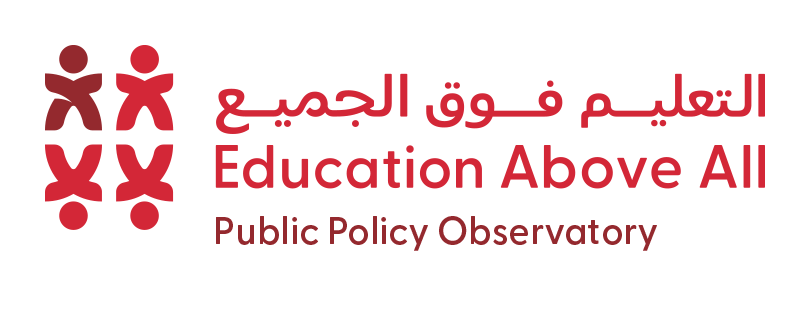Context
The project aims to enhance access to high-quality early childhood education services for children aged 3-7 who are enrolled in preschools throughout Uzbekistan. It utilizes social impact bonds to encourage private-sector involvement in delivering these services, focusing particularly on urban areas of the country.
Solution
Funded primarily by a $4.85 million grant from the Global Partnership for Results-Based Approaches (GPRBA), this initiative is part of the World Bank’s broader Promoting Early Childhood Development Project. The World Bank project is supported by a $59.5 million credit from the International Development Association (IDA) and an additional $9.5 million grant from the Global Partnership for Education (GPE). Together, these funds aim to boost preschool enrollment rates to at least 40% among children aged 3-7 across Uzbekistan, where currently only 29% of preschool-age children are enrolled in educational centers.
Impact
The project sets out ambitious objectives to enhance early childhood education in Uzbekistan:
It aims to significantly increase access to quality early childhood education services for children aged 3-7 by expanding enrollment in local preschools. Currently, only 29% of preschool-age children attend educational centers, and the project seeks to raise this enrollment rate to at least 40%.
Moreover, the funding structure incorporates social impact bonds to incentivize private-sector involvement in delivering these educational services. This innovative approach is particularly focused on urban areas of Uzbekistan, where the need for accessible and high-quality preschool education is acute.
Through these strategic initiatives, the project aims not only to increase enrollment but also to improve the overall quality and accessibility of early childhood education, laying a foundation for enhanced learning outcomes and developmental opportunities for young children across the country.













